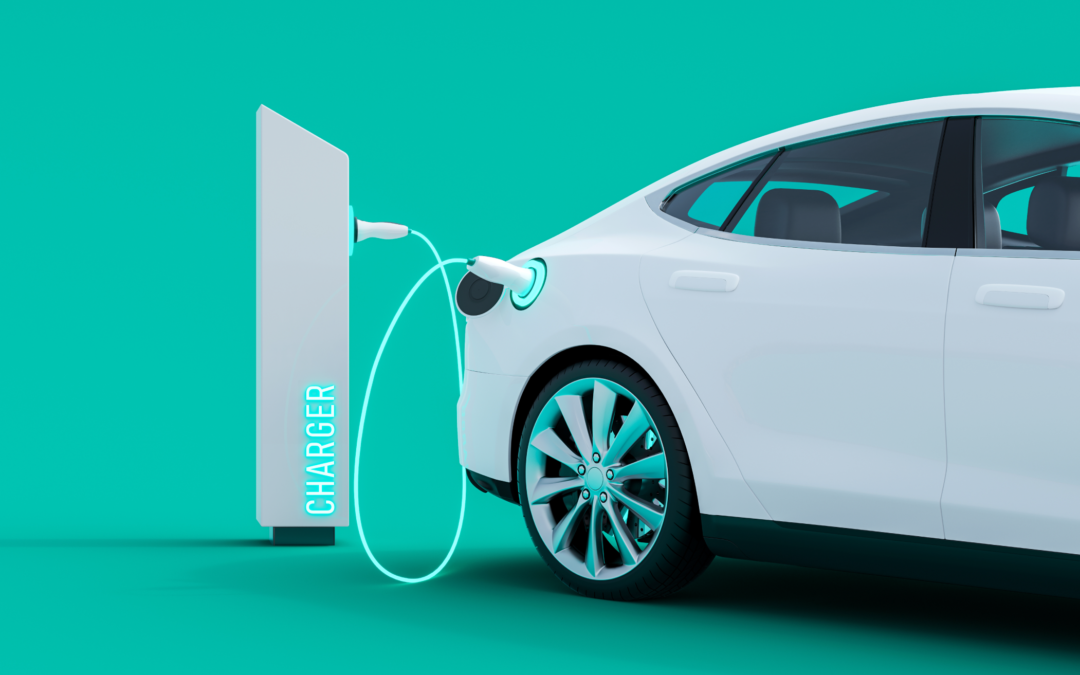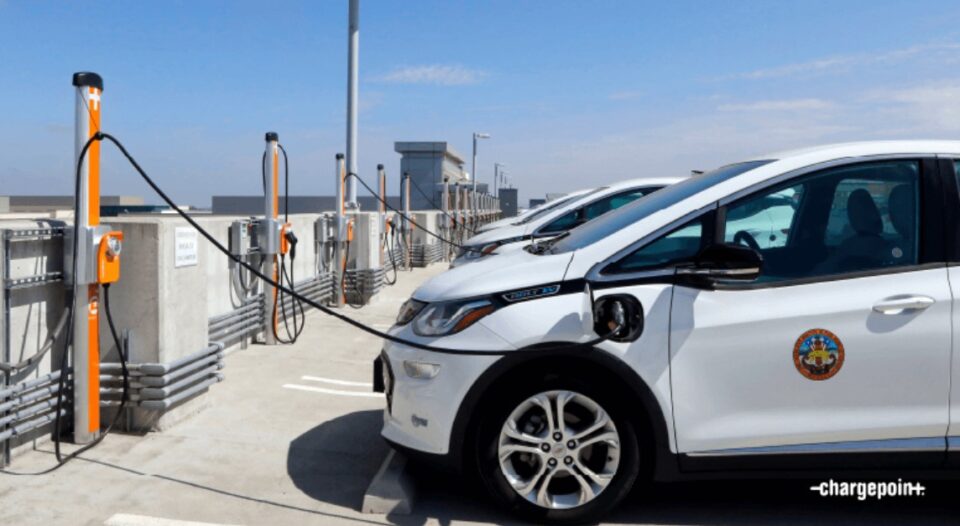Latest Trends and Insights You Need to Know Before You Buy EV Charging news
Latest Trends and Insights You Need to Know Before You Buy EV Charging news
Blog Article
New Dope in EV Charging: How the Industry Is Advancing to Satisfy Need
As the electrical lorry (EV) market remains to increase, the billing infrastructure is undertaking significant changes to address the rising demand. Secret growths in ultra-fast charging innovations, combined with smart grid combination, are improving the landscape. Innovations in battery innovation assurance enhanced performance and sustainability. The pursuit of global charging criteria continues to be a critical aspect in allowing smooth customer experiences and widespread adoption. The implications of these improvements elevate important questions regarding the future of EV billing and its role in the wider energy ecosystem.
Development of Charging Framework
The fast expansion of electric automobile (EV) billing facilities is an essential element in promoting the prevalent adoption of electric flexibility. As governments, private companies, and customers significantly identify the relevance of minimizing carbon discharges, investments in charging networks have actually risen. This infrastructure development is necessary to minimize array anxiety, making certain that EV customers have convenient accessibility to billing stations.
Substantial innovations in billing terminal modern technology and deployment approaches have arised. Urban areas are seeing an expansion of public billing terminals, while rural areas are gradually being integrated right into the billing network. Collaborations in between automotive producers and billing service providers are becoming much more typical, assisting in the establishment of thorough networks that boost user experience and access.
In addition, the combination of eco-friendly energy sources into billing terminals is acquiring momentum, promoting sustainability in the EV community. This shift not just supports ecological objectives however additionally aligns with the increasing demand for environment-friendly power solutions amongst consumers.
Ultra-Fast Charging Technologies
Ultra-fast charging technologies stand for a substantial jump ahead in the EV charging landscape, enabling electric cars to recharge in a portion of the time contrasted to traditional charging techniques. These innovations typically supply power levels exceeding 150 kW, with some systems rising to 350 kW or even more, significantly decreasing charging times to just 15-30 minutes for a significant fee.
Secret making it possible for technologies include innovations in battery chemistry, power electronics, and thermal management systems. As an example, high-capacity batteries with enhanced thermal security enable faster billing without overheating. Furthermore, advancements accountable infrastructure, such as liquid-cooled cables and modular charging stations, help with effective power transfer, enhancing the total individual experience
Major auto manufacturers and innovation companies are actively purchasing ultra-fast billing networks, acknowledging the vital function they play in getting rid of range stress and anxiety and speeding up the adoption of electric cars. As these innovations come to be much more extensively readily available, the EV market is expected to witness substantial development, making electrical wheelchair a much more attractive alternative for consumers. On the whole, ultra-fast charging technologies are essential in shaping the future of sustainable transport, paving the method for an extra substantial and reliable charging ecological community.
Smart Grid Integration

With demand action approaches, wise grid systems can readjust billing timetables based upon grid conditions and power pricing. Throughout periods of high need, charging can be delayed to off-peak hours, resulting in lower costs for consumers and lowered stress on the grid. In addition, vehicle-to-grid (V2G) technologies make it possible for EVs to discharge my company power back right into the grid, improving and providing secondary solutions grid security.
Integration with renewable resource resources even more increases the sustainability of EV charging. By lining up billing activities with durations of high solar or wind generation, smart grids advertise a greener charging infrastructure. Ultimately, smart grid combination not just sustains the growing need for EVs yet also adds to an extra lasting and resistant energy future, positioning the industry for long-term success.
Battery Advancements
Amidst the quick evolution of electrical cars (EVs), battery technologies stand at the leading edge, driving advancements in efficiency, effectiveness, and sustainability. As the demand for EVs rises, makers and scientists are concentrating on enhancing battery modern technologies to resolve difficulties such as variety anxiousness and charging times.
Lithium-ion batteries remain one of the most commonly used innovation, yet new materials and chemistries are emerging to improve power thickness and durability. Solid-state batteries, for circumstances, assure better power storage space ability and boosted safety find and security by replacing liquid electrolytes with strong ones. This shift might significantly lower the risk of fire and enhance the life-span of batteries.
Additionally, innovations in battery reusing procedures are essential for sustainability. Companies are creating methods to recover valuable materials like lithium, cobalt, and nickel from used batteries, advertising a circular economic situation and lowering ecological effect.

Global Charging Specifications

Initiatives are underway to establish global billing criteria that help with compatibility among various EV versions and charging stations. Organizations such as the International Electrotechnical Compensation (IEC) and the Society of Automotive Engineers (SAE) are functioning collaboratively with auto suppliers and energy companies to develop detailed standards. EV Charging news. These requirements goal to streamline the charging process, reduce the demand for multiple adapters, and boost individual experience
In addition, standardization can significantly strengthen the development of the billing network, as it motivates investment by making infrastructure advancement a lot more foreseeable and efficient. As the EV market grows, a unified method to billing standards will be important for making sure that customers can bill their vehicles conveniently and accurately, consequently sustaining the wider transition to lasting transport.
Verdict
The electric lorry billing market is undergoing considerable improvement to deal with the rising demand for lasting transportation. Innovations in charging infrastructure, ultra-fast innovations, smart grid assimilation, and cutting-edge battery remedies are essential in improving user experience and functional performance. The quest of global charging criteria is essential for making certain interoperability across various areas and systems. Jointly, these developments position the industry to support a more comprehensive fostering of electric automobiles, ultimately adding to a more lasting future.
Urban areas are seeing an expansion of public charging stations, while country regions are progressively being incorporated into the billing network. Furthermore, advancements in charging facilities, such as liquid-cooled cables and modular charging terminals, assist in reliable power transfer, boosting the total user experience.
On the whole, ultra-fast charging technologies are crucial in shaping the future of sustainable transport, paving the way for a much more considerable and reliable charging community. - EV Charging news
By lining up charging tasks with durations of high solar or wind generation, clever grids advertise a greener billing framework.Efforts are underway to develop global charging criteria that facilitate compatibility among different EV designs and charging terminals.
Report this page